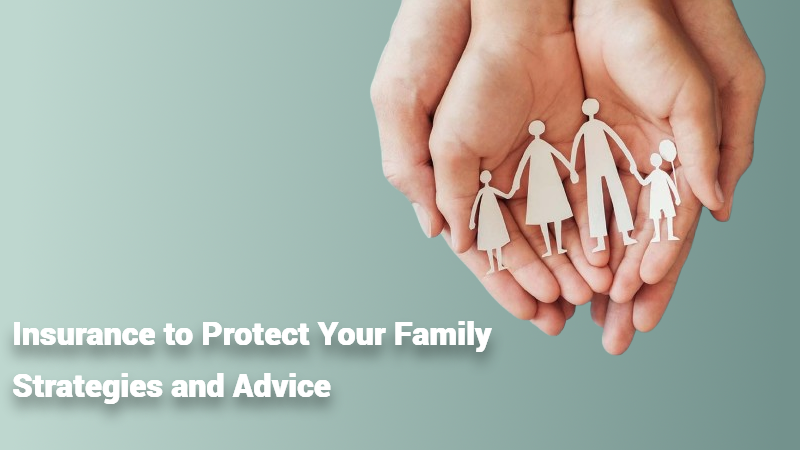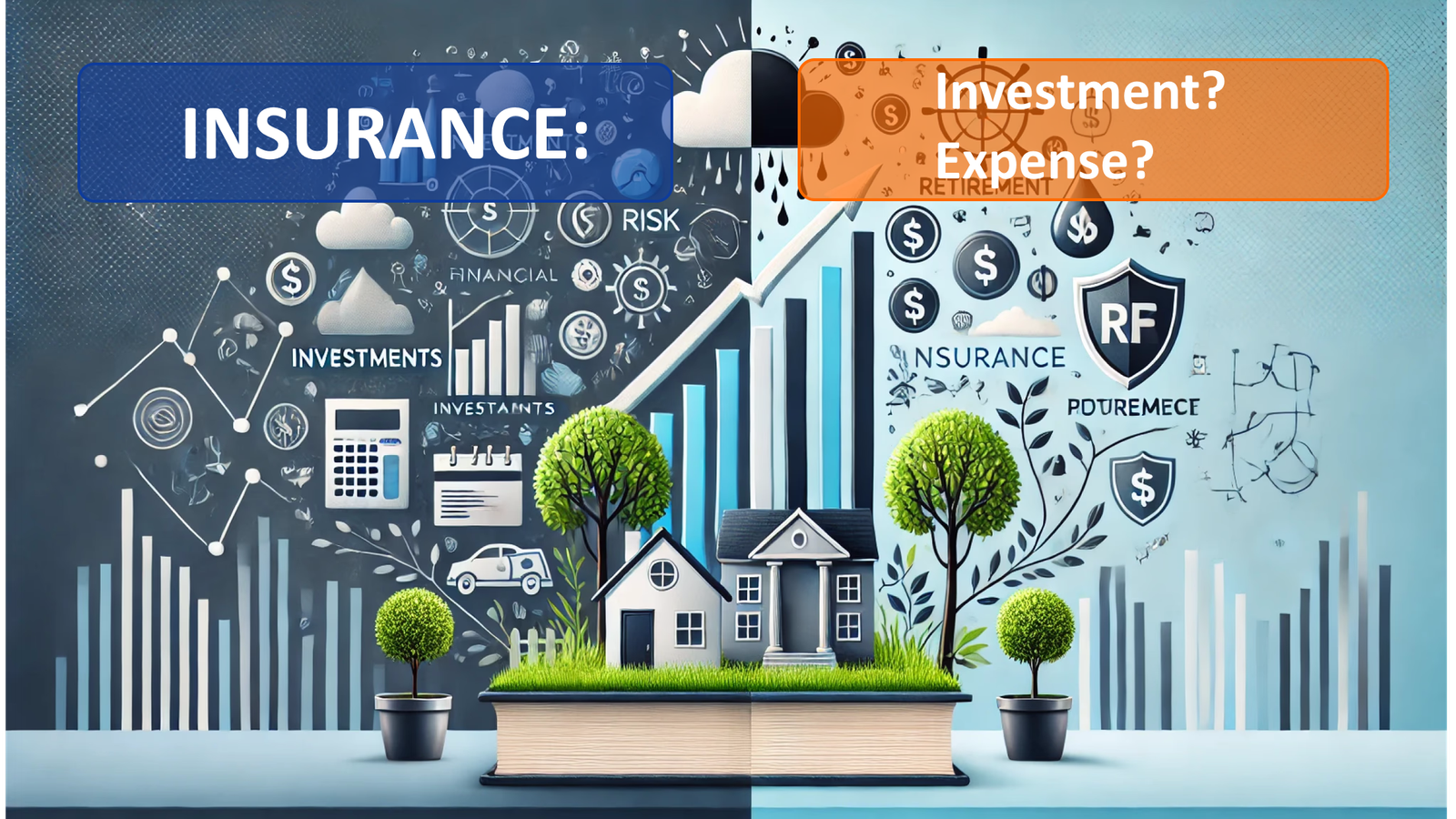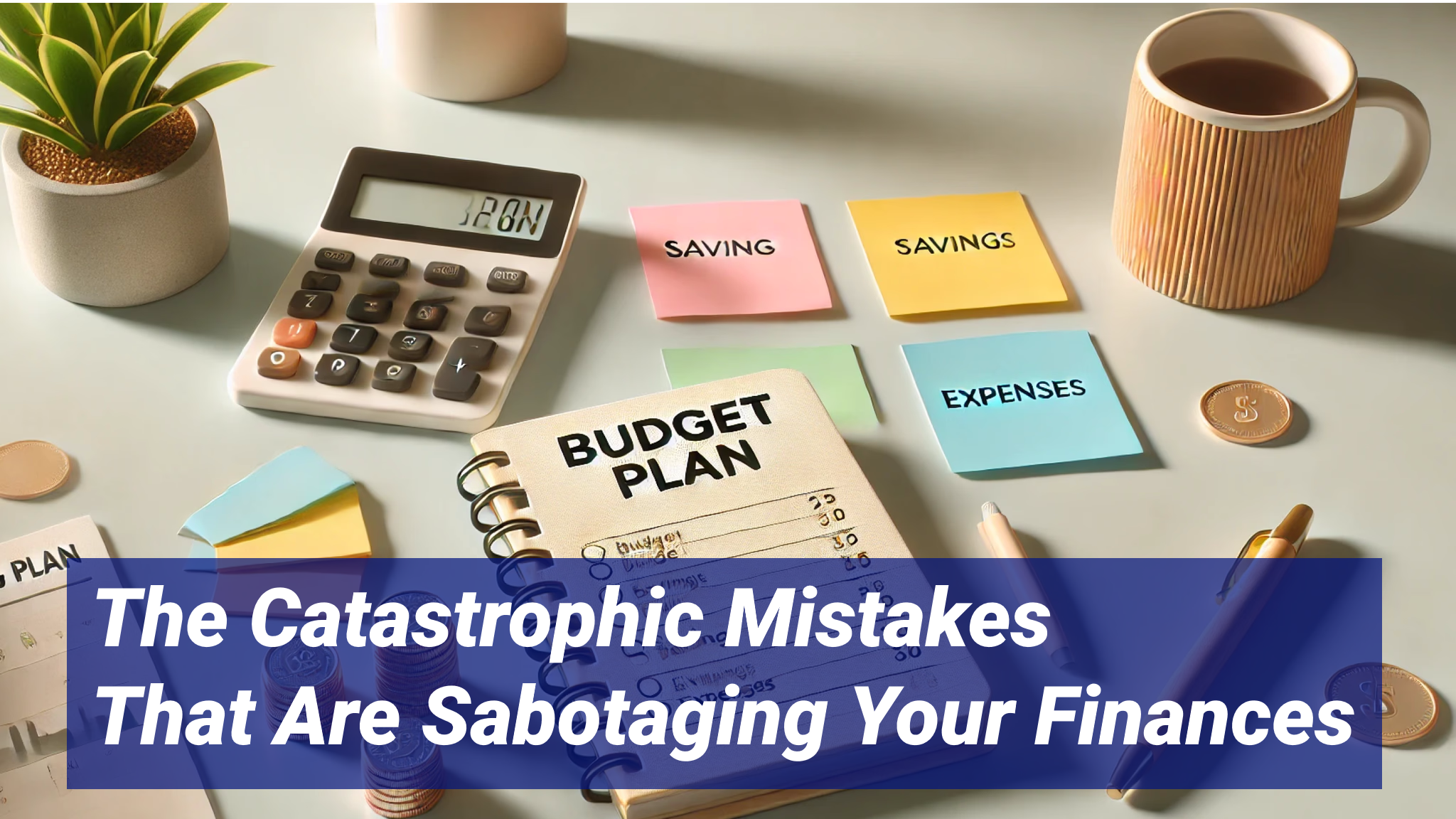Introduction
Creating a family is always something magical. Choosing the partner with whom to share this journey and deciding whether or not to add new members to this initial nucleus are deeply personal and fundamental choices.
Once this family is created, the most natural instinct in the world is to protect it. From negative events, from misfortune, and from anything that could cause irreparable harm to us or one of our loved ones.
How can we protect the future of those we love the most? Which Insurance to Protect Your Family?
This article is dedicated to all those who have ever wondered how to ensure security and stability for their loved ones, even during the darkest times.
1. Why is it important to have insurance when you have a family?
Life is unpredictable—sometimes for the better, sometimes for the worse.
Illnesses, injuries, or accidents can happen at any time, and their financial impact can be devastating.
To make matters worse, the larger your family, the higher the likelihood that something unfortunate will happen.
Brutal math.
This simple realization should be enough to make you rush to get insured.
If any of these disasters were ever to occur (and I sincerely hope nothing ever happens to you), the right insurance coverage would ensure that your family doesn’t have to worry about financial burdens during an already stressful and difficult time.
It may seem like a small comfort, but this “little detail” can make all the difference in critical moments.
Even without considering worst-case scenarios, having the right insurance provides essential peace of mind, especially when others depend on you.
Proper insurance is one of the key tools that allow you to fulfill this responsibility—even if one day you are no longer able to earn a single cent.
It’s not just about finances; it’s an act of care and protection for those who matter most in your family, especially the most vulnerable.
But what exactly do I mean by the “right” insurance?
Let’s explore that in the next chapter.
2. What risks should we insure our family against?
After reading the previous paragraphs, you might feel the urge to rush and insure yourself against every possible risk.
In reality, insurance policies cannot and should not protect us from every type of risk.
Beyond being unable to do so, it often doesn’t even make sense from an economic perspective.
Take a look at the image below, which categorizes each possible risk based on two parameters:
- The frequency with which a risk may occur (high or low)
- The financial impact that this risk could have on your finances (also high or low)

From these parameters, four possible combinations arise.
The four types of risk
1. High-frequency and high-economic-impact risks
These risks must be absolutely avoided because, in the long run, insurance would either be unable or unwilling to protect you.
A somewhat silly example, but one that illustrates the point well, is building a house on top of a highly active volcano.
No insurance company would ever take the risk of covering potential damages unless charging exorbitant premiums.
By building a house anywhere else, you completely avoid this risk—at no extra cost.
2. Low economic impact and high-frequency risks
A typical example of this risk is minor damage to a car, such as scratches or small dents.
These incidents are quite common and tend to happen fairly often, but they usually involve moderate repair costs that can even be ignored.
Of course, it’s always better to find ways to reduce this type of risk, but they are not the ones that threaten your family’s financial future and can be easily managed with a bit of common sense.
3. Low economic impact and low-frequency risks
These risks are a “non-issue.”. They rarely occur and have a very low economic impact.
An example could be the theft of low-value items from inside a car. It can be very annoying from a psychological standpoint, but it’s not something that happens every day, and most importantly, it’s nothing your finances can’t absorb.
4. High Economic impact, low-frequency risks
Does this remind you of something? All the frightening risks mentioned above fall into this category.
Disability, death, serious illnesses.
These are all events that can happen, and even with precautions, we cannot have full control over them.
To manage these types of risks effectively, savings or investments are often not enough—transferring them to an insurance company is the best strategic choice.
By paying an annual premium, you obtain insurance coverage that will be activated in case one of these terrible events occurs, providing you with capital that ensures financial security.
If nothing happens… the insurance company will pocket your premium “without doing anything,” and you will continue with your life as usual.
This last aspect is not well received by most people.
The idea of paying money to a company without getting anything in return is hard to accept.
For this reason, many insurance companies have decided to expand their services and offer insurance policies with an investment component.
Differences between investment and insurance. What should you know?
Investment-oriented insurance policies, often referred to as investment life insurance or unit-linked policies, are a category of financial products that combine insurance protection with the opportunity for capital growth.
Put this way, they sound like the perfect solution.
Not only do you insure yourself against a negative event and protect your family, but at the same time, part of this capital is also invested and will increase in value over time.
So, where’s the problem?
Simply put, applying this logic is like expecting a football goalkeeper to also be the top scorer, netting countless goals.
The truth is that every euro of your wealth should serve a specific purpose.
Some are meant to protect your family, such as insurance policies, savings set aside for expenses, and emergency funds.
Others, however, are allocated to more ambitious long-term goals: achieving financial independence, funding a child’s education, and so on.
Each type of goal requires different tools, and when two objectives such as insurance and long-term investment are combined, the result is often a mix that effectively serves neither purpose.
In fact, these investment-oriented insurance policies tend to be worse than “pure” insurance policies in terms of coverage and generally offer much lower returns compared to what can be achieved by investing in more efficient products like ETFs.
Additionally, their costs are significantly higher than those of these alternative investment options.
Therefore, let insurance serve only the purpose of protecting you from disastrous and negative events.
Meanwhile, let investments focus on growing your capital to help you achieve your most important and ambitious life goals.
Now, let’s dive into the details of which insurance policies and coverage to consider.
Which Insurance to Protect Your Family
Clarification, perhaps obvious, before moving forward. Each of us may have different insurance needs, depending on our profession, hobbies, health, and personal circumstances. However, if we generalize, there are two major risks to insure against:
The loss of income and the loss of assets.
The loss of income
There are two cases in which the ability to generate income is lost:
- When one passes away;
- When one is no longer able to work (due to permanent disability or other health conditions that make employment impossible).
What types of insurance can protect against these scenarios?
Here they are.

TCM Policy: In case of death
When signing up for a Term Life Insurance (TCM) policy, a specific amount is determined that will be paid to the beneficiaries in the event of the policyholder’s death.
The insured amount is chosen by the policyholder based on their financial needs and ability to pay.
The beneficiary is also selected by the policyholder, meaning you can choose your partner or another family member.
In this way, especially if you are the sole income earner in your family, you can ensure that even in the unfortunate event of your passing, your family will not fall into financial hardship.
Disability Policy
An even more dangerous situation for a family is when a person becomes permanently disabled or is no longer able to take care of themselves.
In this case, not only would the person’s income be lost, but there would also be ongoing extra expenses to cover.
In such a situation, even the most solid financial assets could deteriorate over the years.
To protect yourself from this scenario, you can take out a permanent disability insurance policy, which defines a payout amount in case you reach a specific level of disability that prevents you from working.
LTC Policy: long-term care
This policy is particularly useful for individuals with chronic illnesses, disabilities, age-related disorders, or other conditions requiring long-term care, whether at home or in specialized facilities such as nursing homes or residential care centers.
The LTC (Long-Term Care) policy covers long-term care services, which may include assistance with daily activities such as eating, dressing, bathing, as well as nursing and therapeutic care.
The goal is to support the insured in maintaining a certain level of independence while requiring regular assistance.
By activating these policies (and if you are young, the cost of comprehensive packages is quite affordable), you will be fully covered against anything that could undermine your human capital—namely, your potential ability to generate income.
The loss of assets
Regarding assets, there are two types of interesting policies:
- Policies against the loss of assets and damage caused to third parties.

You can consider these policies as less of a priority compared to those mentioned above, which protect you from dramatic events with long-term impacts.
However, there are cases where they are mandatory (such as car liability insurance) and others where they are strongly recommended.
For example, when you buy your first home and it becomes a significant part of your assets, having insurance that properly protects this new asset is essential.
Similarly, if you run a business, having liability insurance is crucial to cover any damages your company might unintentionally cause to third parties’ persons or property, safeguarding you from costly legal disputes and compensation claims.
The right asset and liability insurance for you depends largely on your profession and personal situation, but a good insurance advisor can guide you toward the most suitable options.
Tips to protect your situation
Now that you have a general overview of the insurance you should consider, I want to give you two bonus tips.
- Choose a large and solid insurance company. –
One of the biggest risks after purchasing insurance is that the chosen company might go bankrupt and, therefore, be unable to pay you in case something happens.
To minimize this risk, always look for financially stable insurance companies with healthy balance sheets.
To put it simply, when it comes to choosing insurance, “bigger is better.”
- Read all documents carefully.
Every insurance policy we’ve discussed so far includes exclusions and exceptions.
These are cases where, according to the contract, you won’t receive a single cent in the event of a negative occurrence.
It’s crucial to take the time to read all terms and exclusions carefully to understand whether there is any situation, particularly important to you, that is not covered by the insurance you are evaluating.
Different insurance companies may cover slightly different scenarios within the same type of policy.
Choosing the one that best suits your needs is essential.
By following these tips, you will already be among the top 1% of people who are best protected and insured. However, there are still other actions you can take to secure your financial future.
Beyond insurance: securing your family’s future
Once you have secured your income and assets with the right insurance policies, you can start focusing on building your financial plan. This plan involves not only insurance but also investments, savings, and expenses to help you live your best life today while ensuring an even better future.
Insurance is a mandatory starting point.
It perfectly embodies the idea that “to win, the first thing to do is not to lose.”
Once this aspect is taken care of, you can consider using part of your savings to invest and achieve more ambitious personal goals.
For example, securing early retirement or ensuring your children have the opportunity to study at a prestigious university.
However, when it comes to investment planning, many people believe it is too complicated.
They ask themselves questions like:
- How much, where, and how should I invest my money?
- How can I avoid losing money in the markets?
- Who can I trust when it comes to managing my finances?
If you don’t know where to start, bookmark our homepage, where you’ll find in-depth insights on all these topics explained in a simple and understandable way.
READ MORE –











